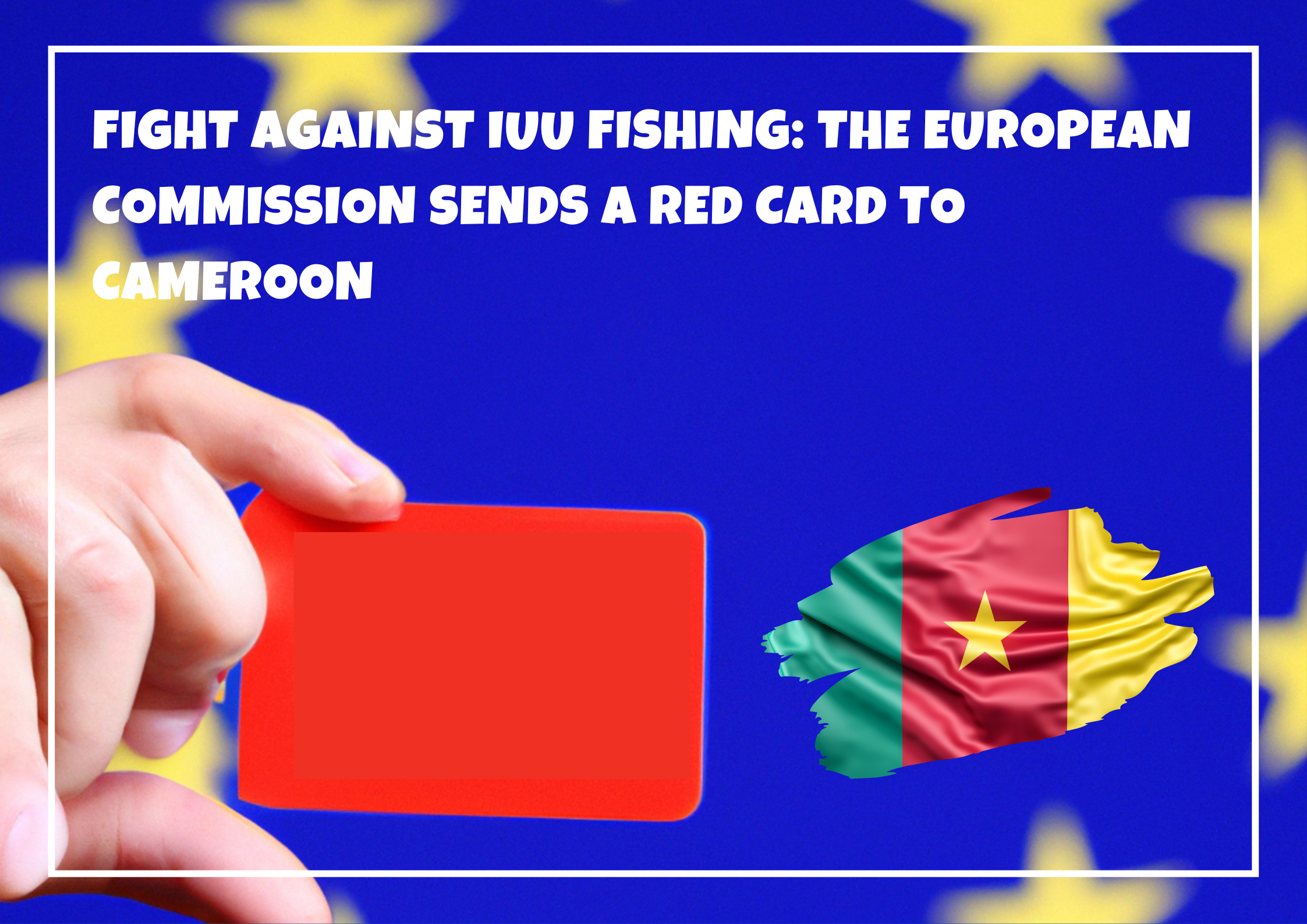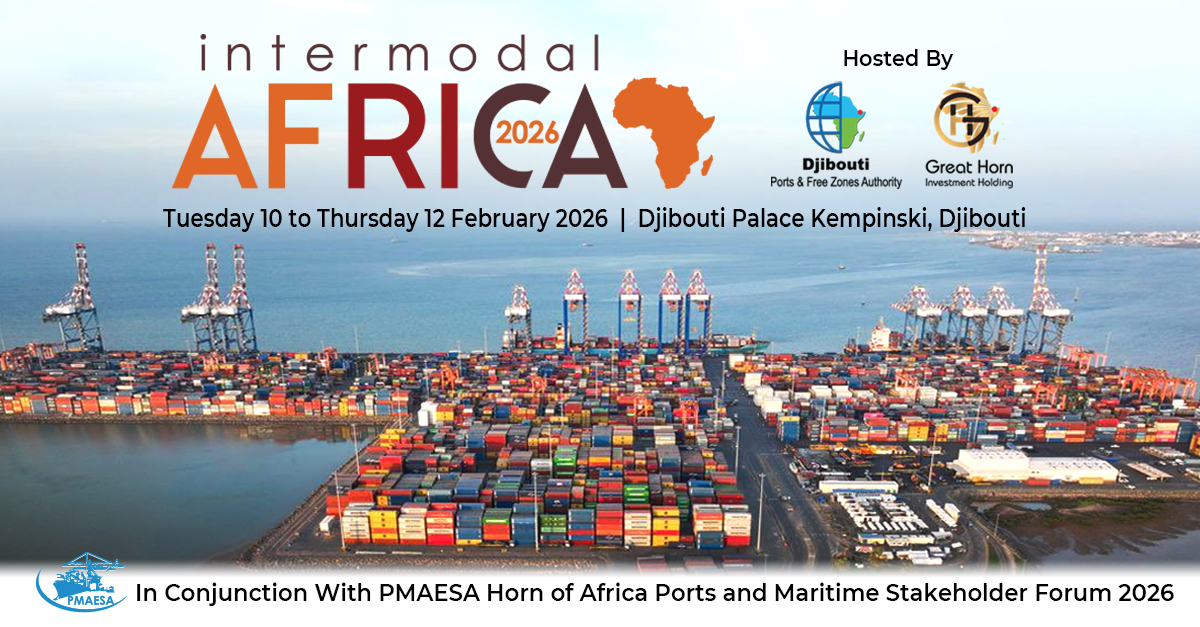Fight against IUU fishing: the European Commission sends a red card to Cameroon
From now onwards EU Member States shall refuse the importation of fishery products from Cameroon even when accompanied by catch certificates validated by the national authorities. The European Commission recently decided to identify Cameroon as a non-cooperating country in the fight against illegal, unreported and unregulated (IUU) fishing, issuing a “red card“.
This decision was taken on Thursday, January 5, 2023, due to the persistence of serious shortcomings highlighted in a notification sent in February 2021 to Cameroon, informing it of the possibility of being listed as a non-cooperating country. It is based on the failure of Cameroonian authorities to ensure adequate control of the national fishing fleet and to take the necessary corrective measures to stop and prevent IUU fishing activities. Cameroon has continued to register fishing vessels operating outside its waters, including an IUU fishing vessel, without any monitoring of their activities.
This decision is also based on the EU IUU Regulation, which came into force in 2010. One of the pillars of this regulation is the Catch Certification Scheme, which aims to ensure that only legally caught fishery products reach the EU market.
Also, this regulation provides for specific mechanisms of dialogue with countries that do not fulfill their obligations under international law as flag states, coastal states, port states and marketing states. While lack of cooperation in the dialogue can lead to a country’s identification (“red card” and subsequent “listing”), the IUU fishing dialogues are based on cooperation and support for countries and are an important step in the fight against IUU fishing.
Since November 2012, the European Commission has established formal dialogues with 26 third countries, formally warning them of the need to take effective measures to combat IUU fishing. In most cases, significant progress has been observed, and the Commission was thus able to close the formal dialogue phase with the countries concerned and lift the decisions that had been taken. Only a few countries have not shown the required commitment and have not taken the necessary measures to remedy the shortcomings identified.
Next steps
The European Commission will continue its dialogue with the Cameroonian authorities to help the country remedy the shortcomings noted. It will now propose to the Council that the country be placed on the list of non-cooperating countries.
IUU fishing is one of the most serious threats to the sustainable exploitation of living aquatic resources. It undermines the foundations of the EU’s Common Fisheries Policy (CFP) and the Union’s international efforts to promote better ocean governance.
The total estimated value of IUU fishing is in the order of €10-20 billion per year. Each year, between 11 and 26 million tons of fish are caught illegally, which corresponds to at least 15% of the global catch.
IUU fishing also represents a major threat to marine biodiversity and the environment. As part of the implementation of the Green Pact for Europe and the United Nations Sustainable Development Goal for the conservation and sustainable use of oceans, seas and marine resources, the European Commission has zero tolerance for IUU fishing. Among its actions, the Commission cooperates with third countries to improve fisheries governance and to ensure that all States respect their international obligations.
“Sustainable fisheries and better ocean governance go hand in hand and the Commission is firmly committed to both. We have zero tolerance for IUU fishing and therefore the Commission has acted strongly today by giving Cameroon a red card. We remain ready to continue our dialogue with Cameroon in order to address the threats that IUU fishing poses to the sustainability of fish stocks, coastal communities, food security and the livelihoods of fishermen and –women who follow the rules.” Virginijus Sinkevičius, Commissioner for Environment, Oceans and Fisheries






